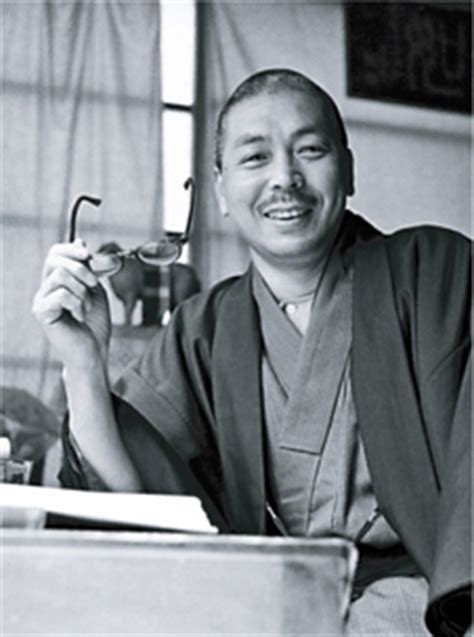A Quote by Yuanwu Keqin
There are no mundane things outside of Buddhism, and there is no Buddhism outside of mundane things.
Related Quotes
If science proves some belief of Buddhism wrong, then Buddhism will have to change. In my view, science and Buddhism share a search for the truth and for understanding reality. By learning from science about aspects of reality where its understanding may be more advanced, I believe that Buddhism enriches its own worldview.































